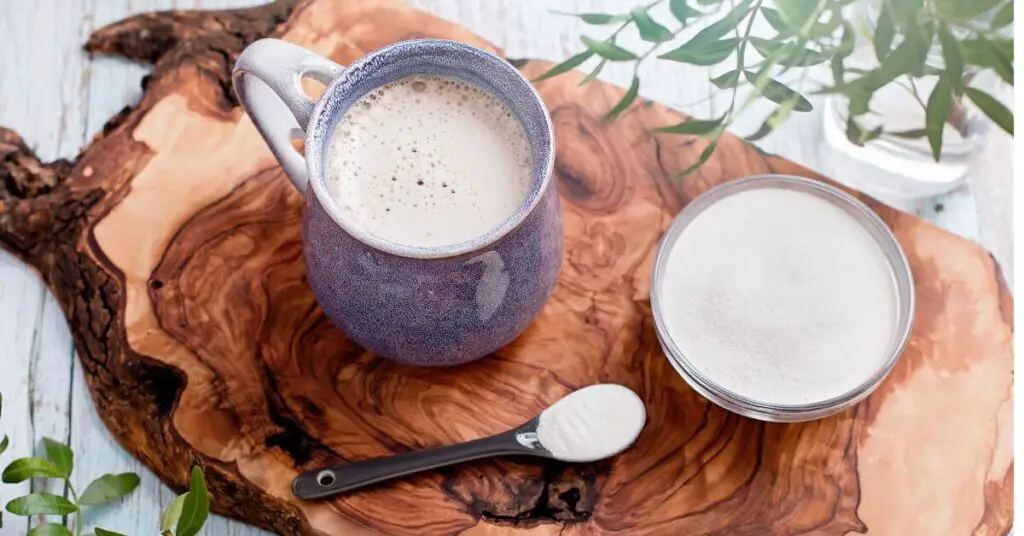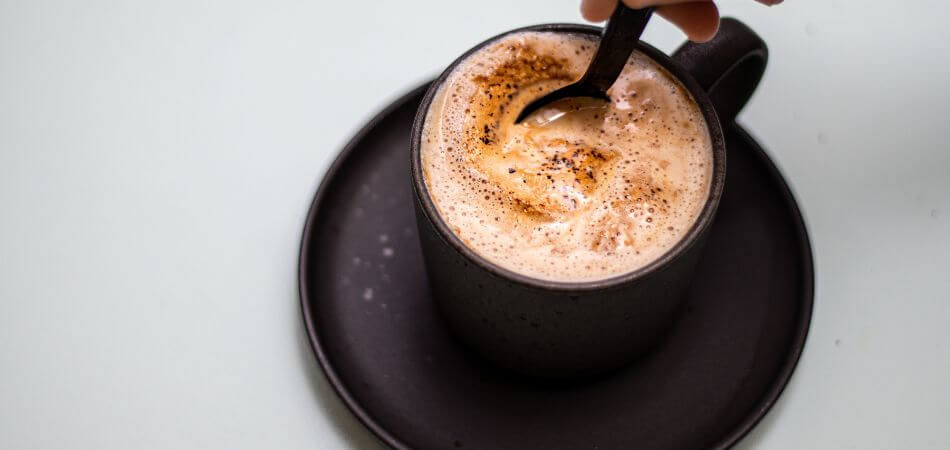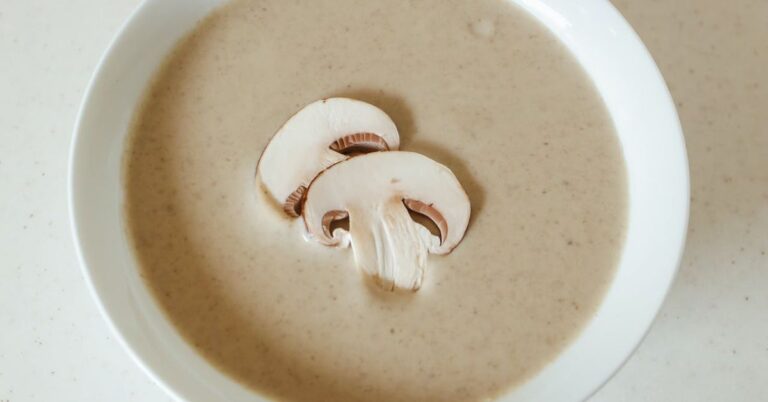How to Mixing Collagen with Coffee for Optimal Results
Picture this: You’re sipping your morning coffee, and with every delicious gulp, you’re also nourishing your skin, supporting your joints, and giving your gut a little love. Sounds like magic, right? Well, it’s not—it’s just the power of mixing collagen with coffee, one of the easiest (and tastiest) wellness hacks you can try today.
Collagen has exploded in popularity, and for good reason. It’s the most abundant protein in our bodies, keeping our skin plump, our joints flexible, and our digestion smooth. But let’s be honest—remembering to take yet another supplement can be a hassle. That’s where your daily cup of joe comes in!
By adding collagen to coffee, you get a double-duty drink that’s convenient, effective, and (best of all) doesn’t mess with your coffee’s flavor. In this guide, we’ll break down:
✅ Why this combo works so well
✅ Step-by-step tips for mixing it perfectly
✅ Delicious collagen coffee recipes
✅ Common myths—busted!
✅ Who should (and shouldn’t) try it
Ready to upgrade your coffee routine? Let’s dive in!

Why Mix Collagen with Coffee?
A. The Science-Backed Benefits of Collagen
Collagen is often called the body’s “glue” because it holds everything together—literally. Here’s what the research says about its benefits:
Skin Health: Your Natural Anti-Aging Boost
- A 2019 study in the Journal of Medical Nutrition found that daily collagen peptides reduced wrinkles and improved skin hydration in just 8 weeks.
- Collagen stimulates elastin and hyaluronic acid production, keeping skin firm and dewy.
Joint & Bone Support: Move Without the Ouch
- Studies suggest collagen may reduce joint pain by up to 40% in athletes and arthritis sufferers.
- It helps rebuild cartilage, making it a game-changer for active folks and aging joints.
Gut Healing: Fixing Your “Second Brain”
- Collagen contains glycine and glutamine, amino acids that repair the gut lining—key for those with bloating or leaky gut.
Bonus: Extra Protein Without the Chalky Taste
- Each scoop adds 10g of protein, perfect for keto, paleo, or anyone needing a filling breakfast boost.
B. Why Coffee is the Perfect Pairing
| Reason | Why It Works |
|---|---|
| Convenience | No extra prep—just stir and go. |
| Better Absorption | Coffee’s mild acidity may help break down collagen, similar to vitamin C. |
| Energy + Beauty Combo | Caffeine wakes you up; collagen repairs while you sip. |
Pro Tip: If you’re sensitive to caffeine, try decaf—it works just as well!

How to Mix Collagen with Coffee (Without the Clumps!)
A. Choosing the Right Collagen
Not all collagen powders are created equal. Here’s what to look for:
✔ Hydrolyzed Collagen Peptides – Pre-broken down for instant dissolving (no gritty texture).
✔ Type I & III – Best for skin, hair, and joints (found in bovine collagen).
✔ Clean Ingredients – Grass-fed, non-GMO, and free of fillers.
Top Picks:
- Vital Proteins Collagen Peptides
- Bulletproof Collagen Protein
- Sports Research Collagen
B. Step-by-Step Mixing Guide
- Brew Your Coffee – Let it cool slightly (ideal: 160°F/70°C) to avoid degrading collagen.
- Add Collagen – 1-2 scoops (10-20g) per cup.
- Mix Thoroughly – Use a mini frother or blender for silky smoothness.
- Optional Boosters –
- MCT oil for sustained energy
- Cinnamon for blood sugar balance
- Almond milk for creaminess
Common Mistake: Adding collagen to boiling water—it can clump and lose potency.

Delicious Collagen Coffee Recipes to Try Today
1. Vanilla Cinnamon Collagen Latte (Hot or Iced)
Ingredients:
- 1 cup brewed coffee
- 1 scoop collagen peptides
- 1/4 tsp vanilla extract
- 1/4 tsp cinnamon
- 1/2 cup milk of choice (optional)
- Sweetener to taste (honey, maple syrup, or stevia)
Instructions:
- Brew coffee and let cool slightly
- Add all ingredients to blender
- Blend for 15-20 seconds until frothy
- Pour over ice for iced version
Why It Works: Cinnamon helps regulate blood sugar while vanilla adds natural sweetness without refined sugar.
2. Iced Mocha Collagen Coffee
Ingredients:
- 1 cup cold brew coffee
- 1 scoop chocolate collagen or regular collagen + 1 tsp cocoa
- 1/2 cup almond milk
- 1 tsp honey (optional)
- Ice cubes
Instructions:
- Mix collagen and cocoa powder with 1 tbsp hot water to dissolve
- Add cold brew and almond milk
- Shake or stir vigorously
- Pour over ice
Pro Tip: Use a protein shaker bottle to prevent clumping in cold drinks.
3. Bulletproof-Style Collagen Coffee
Ingredients:
- 1 cup hot coffee
- 1 scoop collagen
- 1 tbsp MCT oil or coconut oil
- 1 tbsp grass-fed butter or ghee
- Pinch of sea salt
Instructions:
- Blend all ingredients for 20-30 seconds until creamy
- Enjoy as a complete breakfast replacement
Benefits: The healthy fats help with collagen absorption and provide sustained energy.

Debunking Common Myths About Collagen Coffee
Myth #1: “Hot Coffee Destroys Collagen”
The Truth: Hydrolyzed collagen peptides are heat-stable up to 300°F (150°C). While extremely high heat might slightly reduce efficacy, normal coffee temperatures (160-200°F) are perfectly fine.
Myth #2: “Collagen Makes Coffee Taste Weird”
The Truth: High-quality collagen peptides are virtually flavorless. If you notice an odd taste:
- Try a different brand
- Make sure it’s fully dissolved
- Add natural flavorings like cinnamon or cocoa
Myth #3: “You Need Special Collagen for Coffee”
The Truth: Any hydrolyzed collagen peptides work. However:
- Marine collagen dissolves slightly faster
- Bovine collagen is more cost-effective
- Flavored collagens can enhance your drink
Who Should (and Shouldn’t) Try Collagen Coffee
Ideal For:
✓ Busy professionals wanting a beauty boost
✓ Athletes needing joint support
✓ Anyone with digestive issues
✓ Those following keto or paleo diets
✓ People wanting to reduce sugar in their coffee routine
Might Want to Avoid:
✗ Those with beef or fish allergies (choose plant-based alternatives)
✗ People sensitive to caffeine (try with decaf)
✗ Anyone with histamine intolerance
✗ Vegans (unless using plant-based collagen builders)
Pro Tip: Start with 1/2 scoop daily and gradually increase to assess tolerance.
Frequently Asked Questions
How much collagen should I add to my coffee?
The standard dose is 10-20g (1-2 scoops) per cup. More isn’t necessarily better – your body can only absorb so much at once.
Can I add collagen to iced coffee?
Absolutely! The key is to:
Dissolve it in a small amount of warm liquid first
Use a blender or shaker bottle
Choose a high-quality powder that dissolves easily
When’s the best time to drink collagen coffee?
Morning is ideal because:
You’re typically fasting, which may enhance absorption
Collagen production is naturally higher during daylight hours
It creates a healthy morning ritual
How long until I see results?
A: Most people notice:
Better skin within 4-6 weeks
Improved joint comfort in 8-12 weeks
Digestive benefits within 2-4 weeks
Conclusion: Your Coffee Just Got a Major Upgrade
Mixing collagen with coffee isn’t just another wellness fad – it’s a scientifically-backed way to turn your daily habit into a powerful health ritual. Whether you’re after glowing skin, happy joints, better digestion, or just an extra protein boost, this simple addition delivers real results.
Ready to try it? Here’s your starter plan:
- Choose a high-quality collagen powder
- Start with 1 scoop in your morning coffee
- Experiment with different recipes
- Be consistent for at least 30 days
Remember: The best wellness routine is the one you’ll actually stick to. And what could be easier than upgrading the coffee you’re already drinking?







